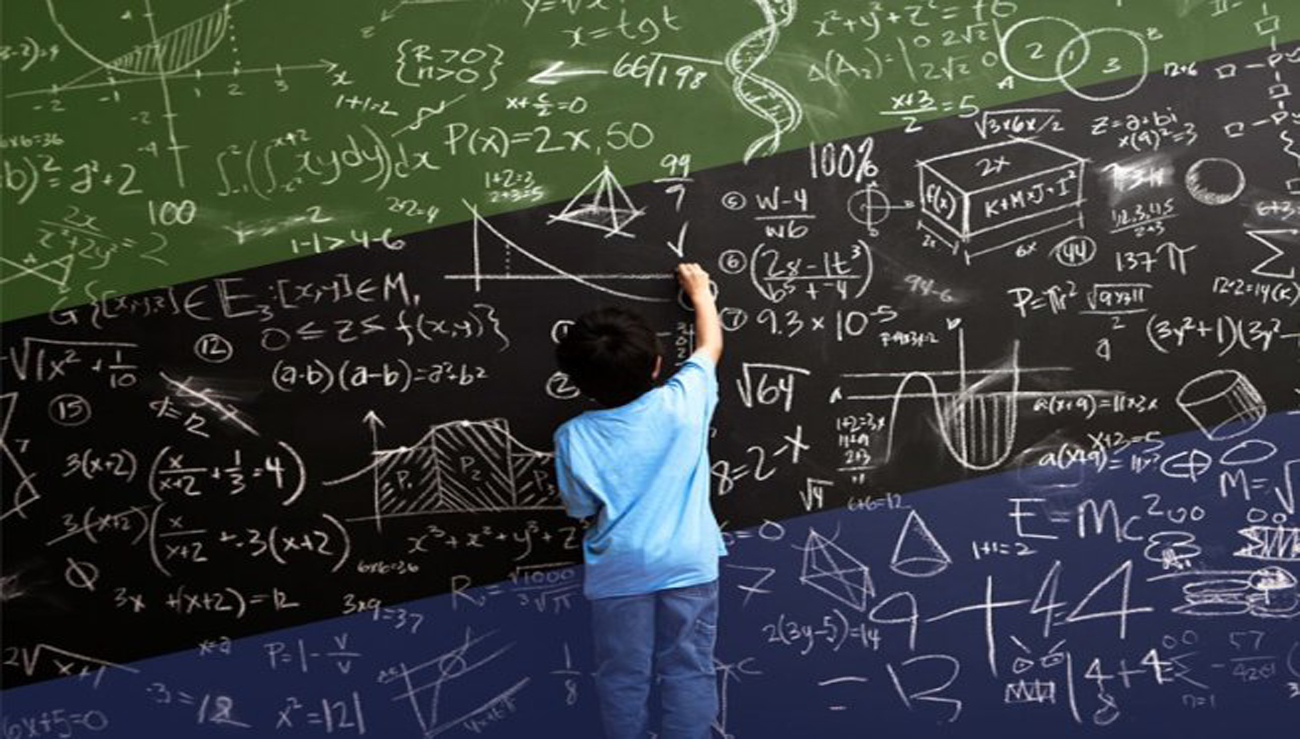
Location of School: Impact on Secondary Students’ Performance in Mathematics
Abstract:
In the present day, the examination results of different school boards of India in general and West Bengal in particular are not much satisfactory in respect of performance in mathematics. It has been an observed fact that educational facilities provided in a school has to play a vital role in the performance of its students. The present study attempts to examine whether the performance of students in mathematics depends on the location of school where they study. Ex post facto research design has been employed in carrying out the study. The scores in mathematics of 1104 Madhyamik examinees from six secondary schools of Kolkata and outskirts served as the source of data and the sampling technique used was purposive. Results indicate that there exist significant differences between mathematics scores in Madhyamik Examination of students from Kolkata and outskirt schools. Students from Kolkata schools score better in mathematics than the students from the schools that are situated in the outskirts. The study, therefore, recommends that schools located in the outskirts should be provided with better infrastructure to help in better performance of their students in mathematics.
Author(s):
Usashi Kundu (De), Department of Education, Diamond Harbour Women’s University, Sarisha, West Bengal-743368, India
DOI:
Keywords:
References:
Cesar, M. (2002). Peer Interactions in Mathematics Classes: A Bridge between Ideals and Practices of Inclusive Schooling. In S. C. Agarkar & V. D. Lale (Eds.), Science, Technology and Mathematics Education for Human Development: Vol. 2. Proceedings of the CASTMEUNESCO-HBCSE. International Conference (243-248). Mumbai, India: HomiBhaba Centre for Science Education, Tata Institute of Fundamental Research.
Elijio, A., & Dudaite, J. (2005). Social, Economical, and Educational Factors in Relation to Mathematics Achievement. Retrieved March 07, 2014, from http://www.nec.lt/failai/256_tyrimai_timss_pub_konf_TMDK_faktoriai.pdf.
Eraikhuemen, L. (2003). Mathematics as an Essential Tool for Universal Basic Education (UBE): Implications for Primary School Mathematics. The Journal of the Mathematical Association of Nigeria, 28(1), 1-7.
Kilpatrick, J. (2008). Mathematics. In G. McCulloch & D. Crook (Eds.), The Routledge International Encyclopaedia of Education (pp. 372-375). Taylor & Francis Group.
Lamb, S., & Fullarton, S. (2001). Classroom and School Factors affecting Mathematics Achievement: A Comparative Study of the US and Australia Using TIMSS. Paper presented at the Annual Conference of the American Educational Research Association, Seattle, WA. Retrieved March 07, 2014, from http://research.acer.edu.au/timss_monographs/10
Mehera, C. (2004). A Study on the Achievement at the Secondary Level and Some of Its Determinants. Indian Educational Abstract, 5(1 & 2), 10-11.
National Policy on Education (NPE). (1986). Reorienting the Content and Process of Education (Part VIII). Government of India. Retrieved March 07, 2014, from http://www.educationforallinindia.com/page57.html.
Pal, Y. (2005). National Curriculum Framework. New Delhi, India: NCERT. Retrieved March 07, 2014, from http://www.ncert.nic.in/rightside/links/pdf/framework/english/nf2005.pdf.
Ravindra, C. (2007). Researchers on Curriculum and Teaching: Mathematics. In S. Uppal, & G. Ram (Eds.),
Sixth Survey of Educational Research (1993-2000) (Vol. II, pp. 362-376). New Delhi, India: NCERT.
Thirunarayanan, M. O. (2004). The “Significantly Worse” Phenomenon: A Study of Student Achievement in Different Content Areas by School Location. Education and Urban Society, 36(4), 467-481. DOI: https://doi.org/10.1177/0013124504265914
Vijayalakshmi, G., & Lavanya, P. (2006). Relationship between Stress and Mathematics Achievement among Intermediate Students. Edutracks, 5(11), 34-37.




